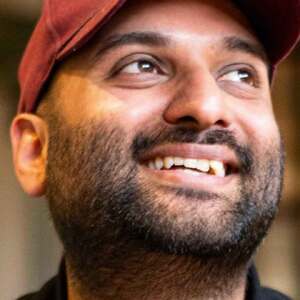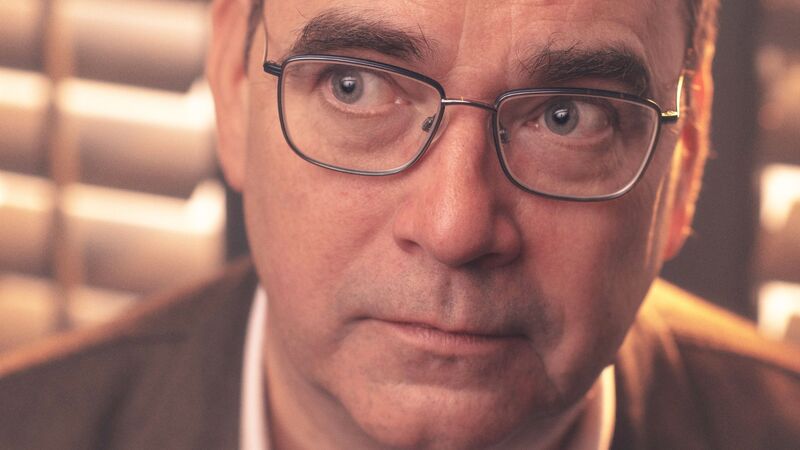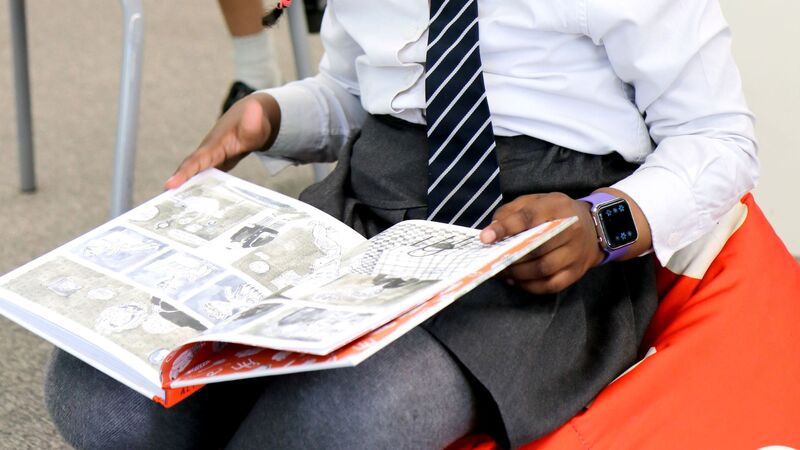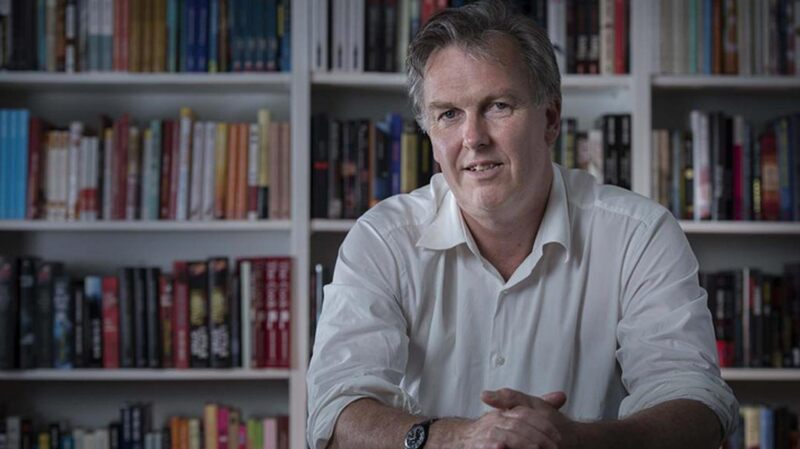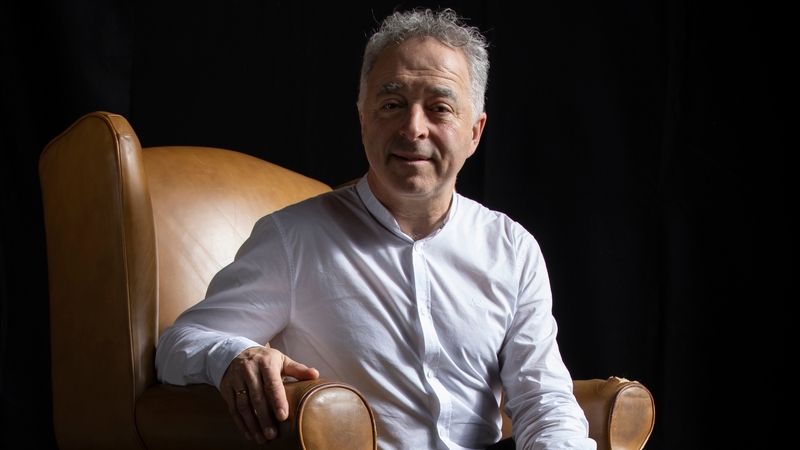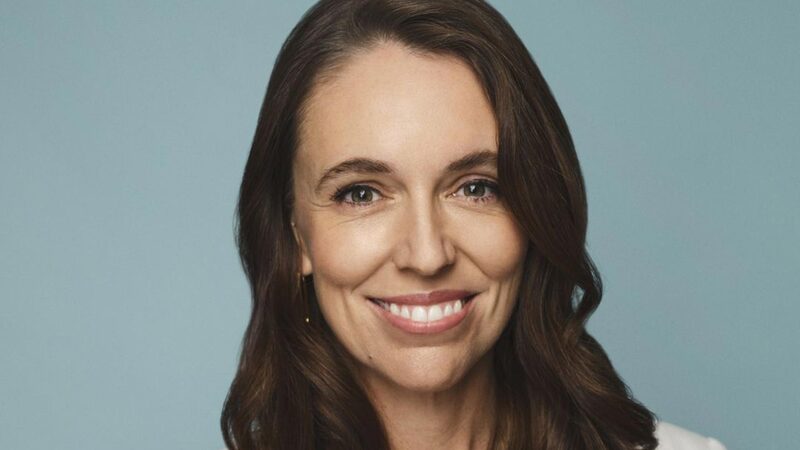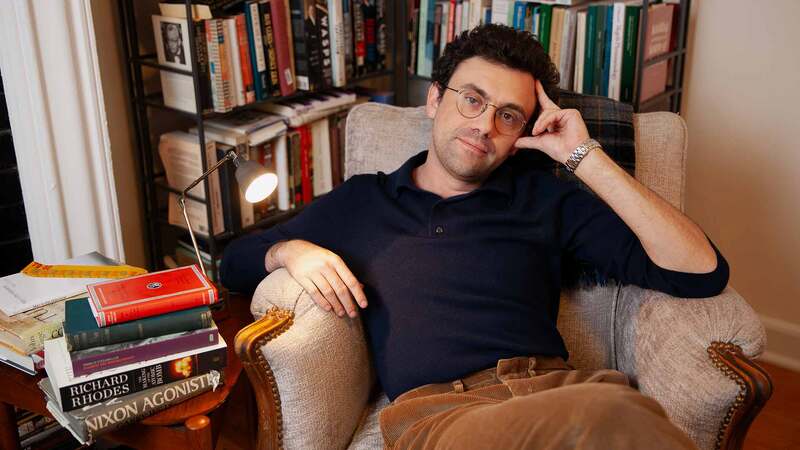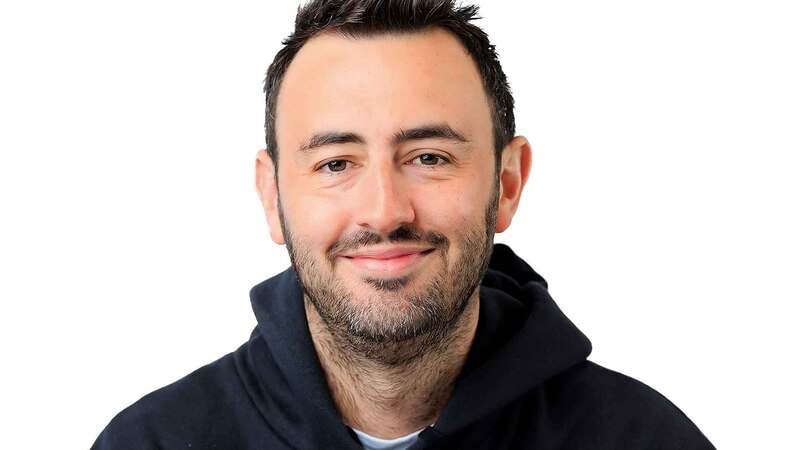You are viewing your 1 free article this month. Login to read more articles.
Where are all the Muslim men in publishing?
I have a very strong memory of the first fiction book I read written by a Muslim man. It was The Reluctant Fundamentalist by Mohsin Hamid, and I’d committed a cardinal sin: I’d watched the film first. I raced through it, even though I knew the story, obsessed with reading about a Pakistani Muslim man who felt like the men in my family. I’d never read about anyone like him before, like my family before.
I didn’t have the language then to talk about what that felt like but now, looking back, I can see that I felt recognised in those pages. The way Changez spoke, the food he ate, the family he was part of, the religion he followed: it all echoed my own life back to me.
I read the rest of Mohsin’s bibliography, whose Pakistan is dark and glittering, then turned to Khaled Hosseini, Mohammed Hanif… and that was it. I came across no more in the libraries I frequented, the bookshops I scoured.
Over the following years, I discovered other Muslim writers: Monica Ali, Elif Shafak, Fatima Farheen Mirza, Ayisha Malik. I noticed more being published in YA, though, as I aged, I found myself being pulled less towards that side of things. But all the Goodreads lists and Twitter threads kept pointing me to women. I wondered, more and more, why this was. Was it because these lists and threads were created by women, so maybe they were missing the men? But I couldn’t find the men myself. So maybe they weren’t being published? But I couldn’t quite believe that, even as the evidence told me differently.
I want to see Muslim men in space, fighting dragons, conjuring magic. I want to see Muslim boys falling in love at school, dismantling capitalist systems in dystopian worlds
I did find a couple here and there; Throne of the Crescent Moon by Saladin Ahmed, which I loved and desperately await the next in the series, and How It All Blew Up by Arvin Ahmadi, which I thought was less of a book about Muslims and more a book about being seen as Muslim.
What I sorely wanted, and couldn’t find, was a fiction book about a Muslim man who was writing about experiencing life as I was: a millennial, whose parents were immigrants, faced with living inside a dual identity that I didn’t know how to navigate.
I wanted to learn how to live.
…
A few weeks ago, I was talking to a good friend of mine, Amy Baxter of Bad Form, about the lack of non-white men we were seeing in lists that pointed to exciting books being published in 2022 in the UK. She suggested I put a list together to host on Bad Form.
So I did. My own research led to a paltry 15 or so titles that I could find from lists, Bookseller announcements, and books I’d seen on Twitter. So I asked Twitter for recommendations. Within hours, the tweet was flooded. When I finally put the list together, we ended up having 60 titles.
I felt pretty proud of that list. But I was struck by how few of them I had heard of before. How few of them had been pulled out anywhere else, marketed the way other books had. The list became a clear example of publishing’s systemic problem with the books that are given resources.
Beyond that, I also noticed that I appeared to be the only British Muslim male fiction debut publishing in 2022. In the entire list, there were, from what I could see, eight Muslim men but only two fiction debuts, and the other was an American author.
Which then led me to think about the Muslim men whose works I had read in my life, who were of an older generation. I hadn’t read fiction from a young Muslim man, maybe ever, and I’d definitely not read a new Muslim male voice in recent years.
The realisation was sobering.
…
According to the National Office for Statistics, there are over 3 million Muslims living in the UK (from the Annual Population Survey conducted in 2018 – I imagine it has only grown since then). If we take the sex split as roughly half and half, there have to be around 1.5 million Muslim men living in Britain as we speak.
How, then, is it that I am the only Muslim man debuting a fiction title in 2022?
I, alongside my writing, work in publishing as an assistant editor at Penguin Random House. Previously, I worked at an indie; before that, I was an intern at a comparatively much larger independent. Throughout my time working in this industry, I have never worked alongside a Muslim man. I have made friends with one and know of a handful of others, all of whom work in other publishing houses than me.
In the six or so years I have worked in publishing, I have never worked on a book by a Muslim man.
If I broaden the net to consider submissions, I have read three books that have been submitted to me by agents that have been written by Muslim men.
I don’t have any easy answers to why this is. In conversations with editors, I’ve been told agents aren’t sending those books in. In conversations with agents, I’ve been told they aren’t receiving those books on submission.
But I am a Muslim man who writes. And I am not the only one.
It’s a cliché to say at this point: but publishing needs to do more. It needs to publish books that reflect Muslim boys back at them, show them they matter through fictional characters that live like them. It needs to encourage Muslim boys to read and to keep reading, so maybe they begin to start writing one day, and it needs to publish those books too. And maybe some of those Muslim boys grow into people who want to work in publishing. But not without us showing them it can happen first.
Because otherwise, who knows what brilliant, earth-shattering, groundbreaking stories we’re missing out on?
…
A week or so after my list was published, I saw a Bookseller announcement for Tufayel Ahmed’s debut, This Way Out, due to come out July 1st by Amazon Publishing.
I was relieved to know I was no longer the only male Muslim fiction debut of 2022, that there was another story that would make its way to reader’s hands, both those who might want to learn about a life unlike their own and those who want to read about themselves.
But I want to see more. I want to see Muslim men in space, fighting dragons, conjuring magic. I want to see Muslim boys falling in love at school, dismantling capitalist systems in dystopian worlds. I want to see Muslim men in all their forms.
